Indonesia’s risky gamble with sea sand exports – Dialogue Earth
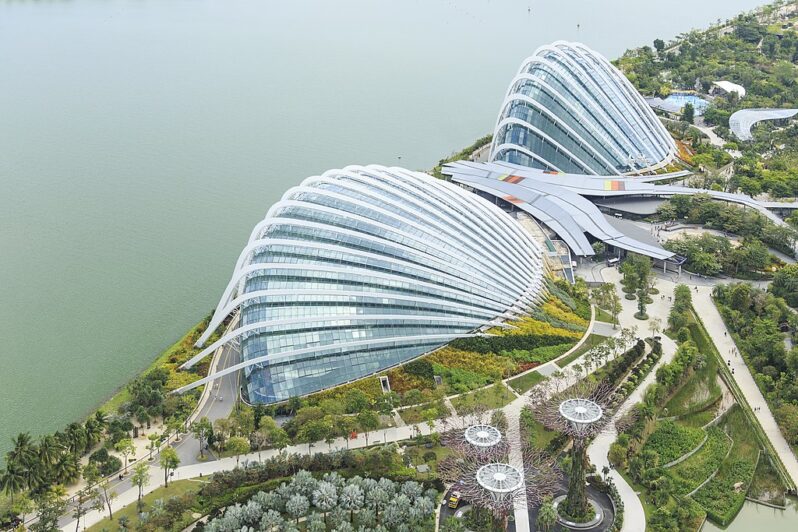
Restarting exports to neighbouring countries could fuel ecological devastation, but a sustainable approach to sand dredging may be possible…
The World Can’t Keep Up With Its Garbage | Book Review – the Atlantic

Trash dumping is taking a devastating environmental toll—especially on poorer countries….
Trouble in paradise – Oceanographic Magazine
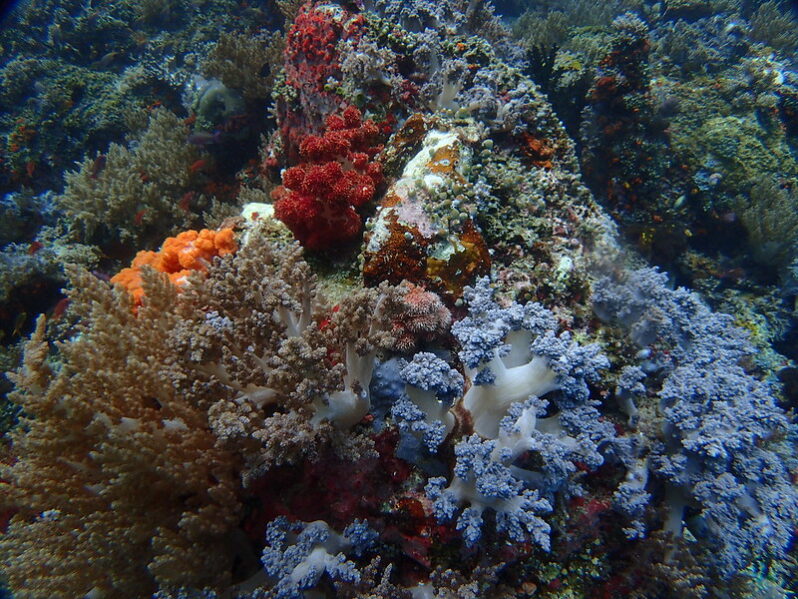
In the biodiversity oasis of Raja Ampat, cyanobacteria poses a serious threat to the region’s abundant coral reefs. Is tourism to be blamed?…
Ban on exports of sea sand, that destroyed dozens of Indonesian islands, is being lifted – The Conversation
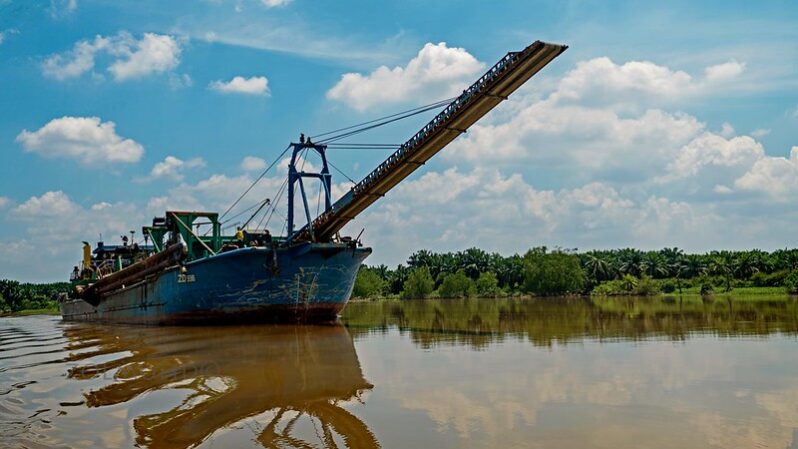
Police have recommended Nguyen Thanh Binh, the former chairman of the people’s committee in An Giang province in the Mekong river delta, be charged with power abuse, according to Public Security News, the official mouthpiece of the Ministry of Public Security. The area is a hotspot for sand mining…
Looting of the sea: the great sand theft – ABC
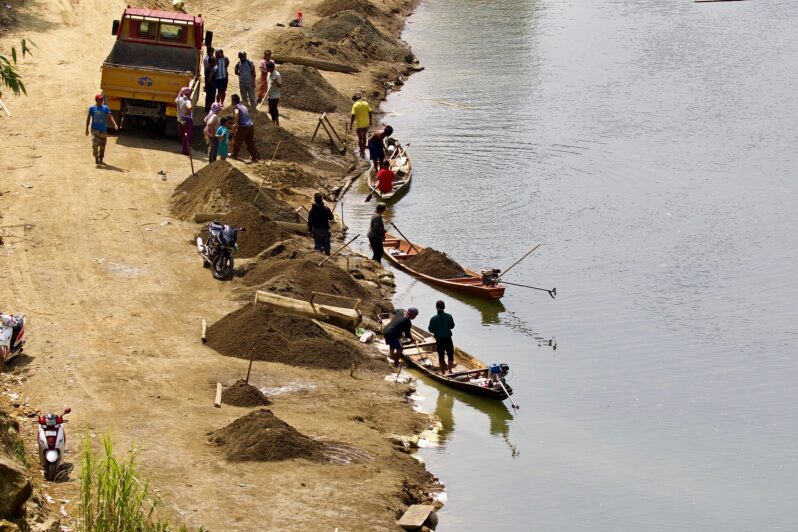
It is the most demanded raw material after water. It is used to make concrete, chips, detergents, paints… and even artificial islands. The big cities are hungry for sand and to satisfy it, the world’s beaches are being plundered….
The world dumps 2,000 truckloads of plastic into the ocean each day. Here’s where a lot of it ends up – CNN
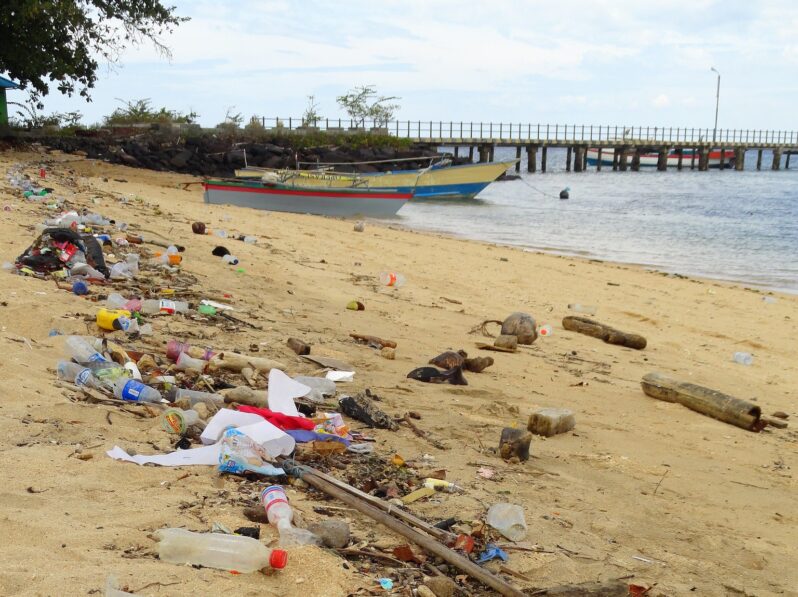
The western coast of Java in Indonesia is popular with surfers for its world-famous breaks. There’s a majestic underwater world to explore, too. But it’s impossible to surf or snorkel without running into plastic water bottles, single-use cups and food wrappers. The garbage sometimes forms islands in the sea, and much of it washes ashore, accumulating as mountains on the beach…
Reef stars’ restored Indonesia’s blast-damaged corals in just 4 years – Grist Magazine
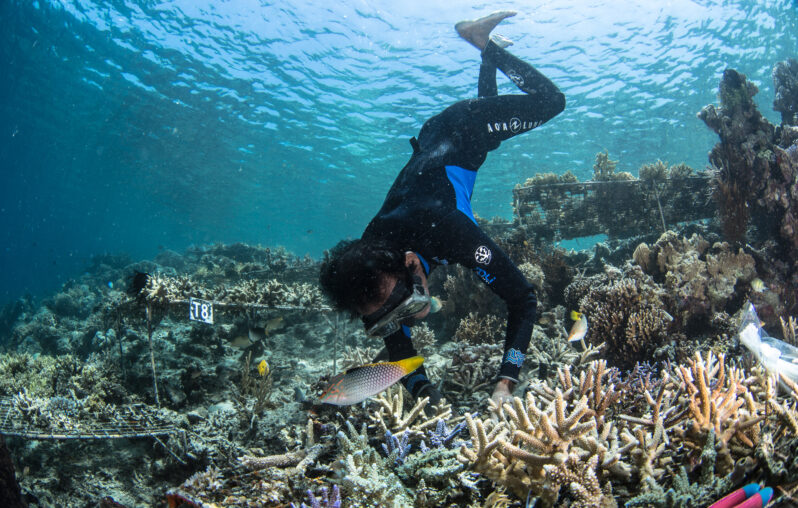
A community-based approach to restoration combined with an ingenious device can bring back reefs traumatized by dynamite fishing…
West Papua, Indonesia from the Air – Planet Labs PBC
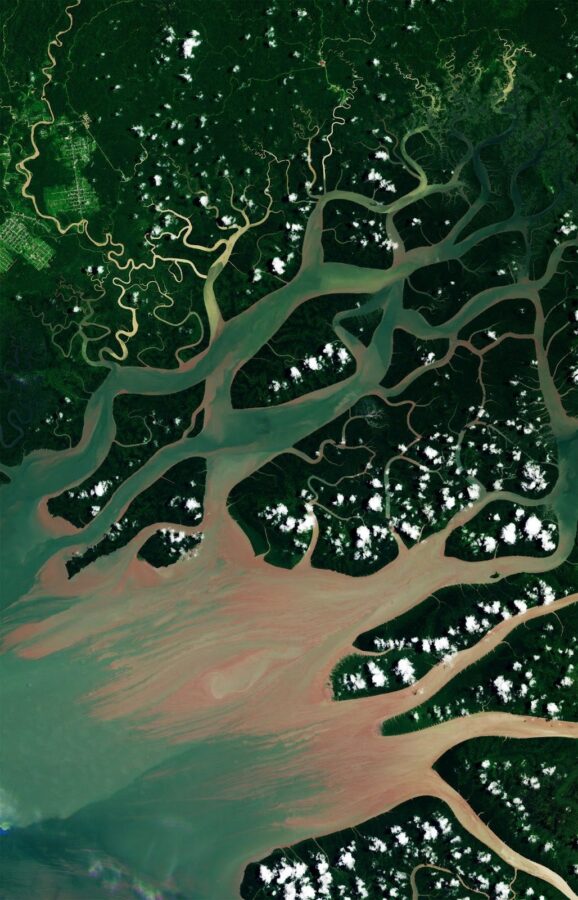
If every image tells a story, high resolution satellite imagery of the earth is the ultimate treasure trove where natural processes is the artist creating works of transcendent beauty that are at once abstract and realistic.
Indonesia Cracks Down on the Scourge of Imported Plastic Waste – Yale Environment 360
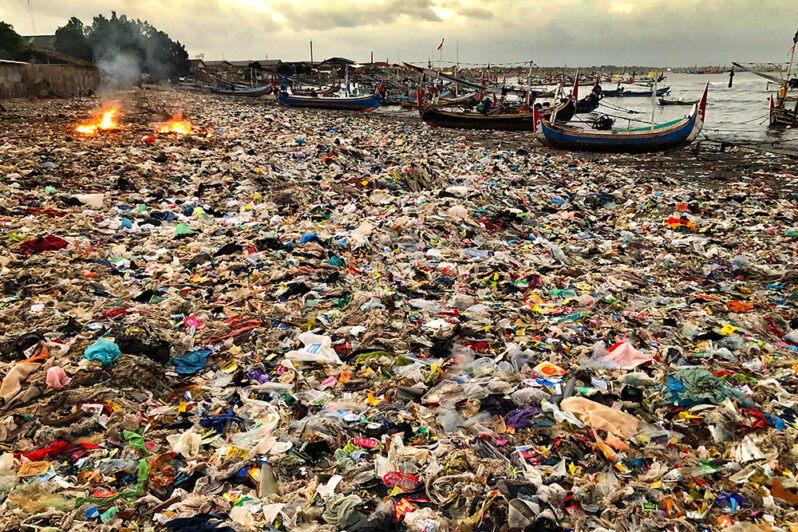
When China banned plastic waste imports in 2018, exporters in wealthy countries targeted other developing nations. Faced with an unending stream of unrecyclable waste, Indonesia has tightened its regulations and has begun to make progress in stemming the plastics flow…
